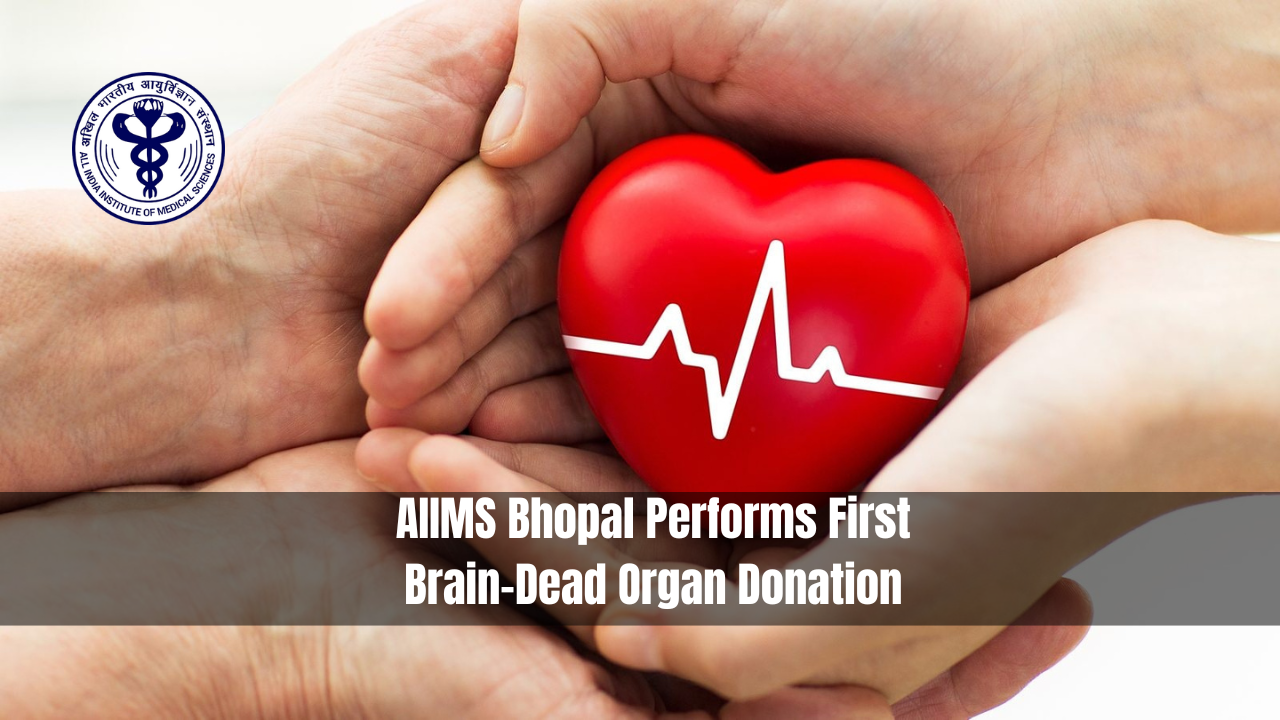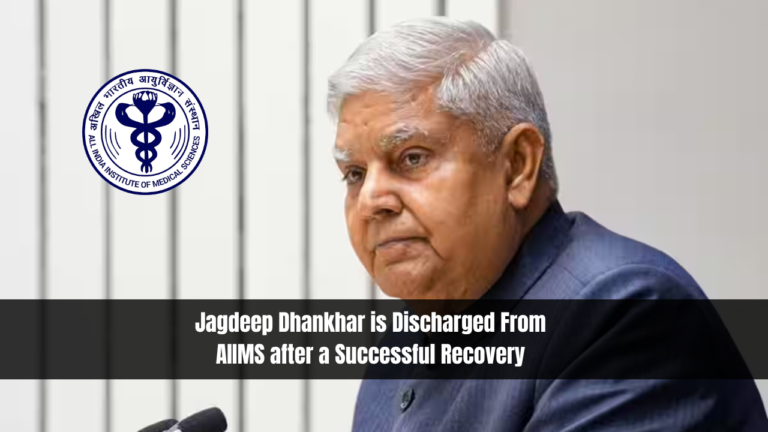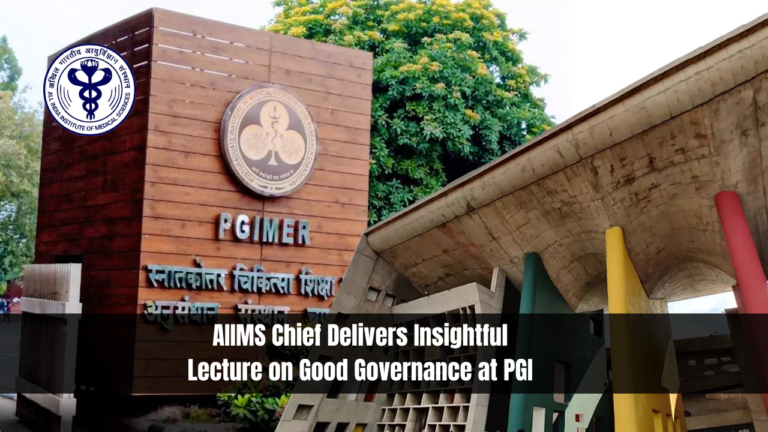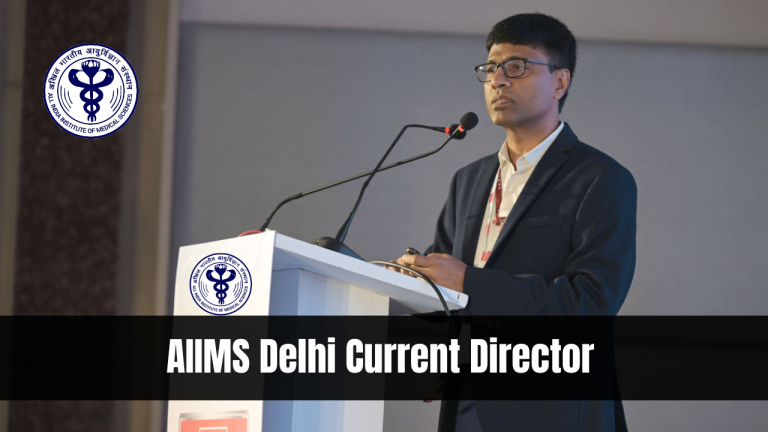AIIMS Bhopal Performs First Brain-Dead Organ Donation
AIIMS Bhopal Performs First Brain-Dead Organ Donation. AIIMS Bhopal has made medical history by successfully conducting the first-ever organ donation from a brain-dead patient in Madhya Pradesh. Besides highlighting the growing capability of tertiary government hospitals in India, this landmark medical event also emphasizes the life-changing power of organ donation.
60-year-old donor from Obaidullaganj met with an accident that tragically left him critically injured. He was declared brain dead despite all efforts in intensive care. Although his family faced immense grief, they showed immense courage and humanity by consenting to donate his organs – a decision that provided hope for many patients awaiting transplants.
AIIMS Bhopal Steps Into the Organ Donation Movement
AIIMS Bhopal became the first government-run tertiary care facility in Madhya Pradesh to perform a full-fledged brain-dead organ donation on May 27, 2025. Under the guidance of a specialized Brain Death Certification Committee, which included Dr. Amit Agrawal, Dr. Mayank Dixit, Dr. Sumit Raj, and Dr. Jyotsna Kubre, the process was meticulously conducted.
According to hospital sources, the patient died at exactly 2:26 AM on May 28, 2025. This case was particularly noteworthy since it was medicolegal in nature, as the injuries were sustained in a road traffic accident involving a two-wheeler and a car. As a result, a post-mortem was legally required before organs could be harvested.
Pioneering Post-Mortem Inside the Operating Theatre
To save time and ensure optimal organ preservation, the post-mortem examination was conducted within the operating room. Under the leadership of Prof. (Dr) Raghvendra Kumar Vidua, the Department of Forensic Medicine and Toxicology coordinated this unique approach. The team included Dr. Atul Keche, Dr. Sangeetha M, Dr. Diksha Chabra, Dr. Sashikant Sahoo, Dr. Tapish Kumar, and Mr. Jitendra Kumar (technical assistant).
Through an on-site post-mortem, the team ensured that the organs remained viable, facilitating organ donation in a timely and efficient manner. As a result of this initiative, India has now set a new standard for medicolegal organ donation protocols.
Organs Retrieved and Transplanted with Medical Precision
The multidisciplinary transplant team at AIIMS Bhopal successfully retrieved the heart and both kidneys from the deceased donor. The heart transplant and one kidney transplant were performed at AIIMS itself, while the second kidney was allocated to a private hospital in Bhopal through the State Organ and Tissue Transplant Organization (SOTTO), showcasing the efficient coordination of organ distribution in Madhya Pradesh.
The heart transplant was conducted by a stellar team consisting of Dr. Yogesh Niwariya, Dr. M. Kishan, Dr. Surendra Yadav, Dr. Rahul Sharma, Dr. Vikram Watti, and Dr. Aditya Sirohi. The kidney transplant was overseen by Dr. Debashish Kaushal and Dr. Ketan Mehra. Clinical anesthesia was managed by an expert team comprising Dr. Vaishali Windeskar, Dr. Sunaina Tejpal Karma, Dr. Anuj Jain, and Dr. Pooja Singh.
AIIMS Bhopal’s medical director, Dr. Ajai Singh, praised the extraordinary effort of the entire medical fraternity and extended heartfelt gratitude to the donor’s family. He stated, “Their courageous and noble decision is a testament to the highest values of human compassion. Organ donation is not just a medical act — it’s a societal service that transcends boundaries.”
Guard of Honour- A Tribute to the Donor Legacy
In an emotional and respectful gesture, AIIMS Bhopal accorded a Guard of Honour to the deceased donor — a symbolic salute to his life-saving contribution. This gesture underscored the profound respect the medical community holds for organ donors, who are posthumously celebrated as life-givers.
Significance of Brain-Dead Organ Donation in India
Brain-dead organ donation has emerged as a crucial pillar in addressing India’s severe shortage of organs for transplantation. With lakhs of patients waiting for kidneys, hearts, livers, and other organs, every donor can potentially save up to eight lives and enhance the quality of life for many more through tissue donation.
Unfortunately, India still struggles with a low deceased organ donation rate, primarily due to lack of awareness, religious misconceptions, and procedural delays. Initiatives like this from institutions like AIIMS Bhopal are essential to creating a shift in public perception and building trust in the process.
Conclusion
The successful organ donation from a brain-dead road accident victim at AIIMS Bhopal marks a defining moment for public healthcare in Madhya Pradesh. It symbolizes medical excellence, procedural innovation, and above all, the altruism of a grieving family that chose to turn tragedy into hope.







